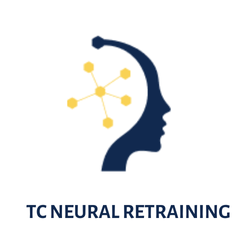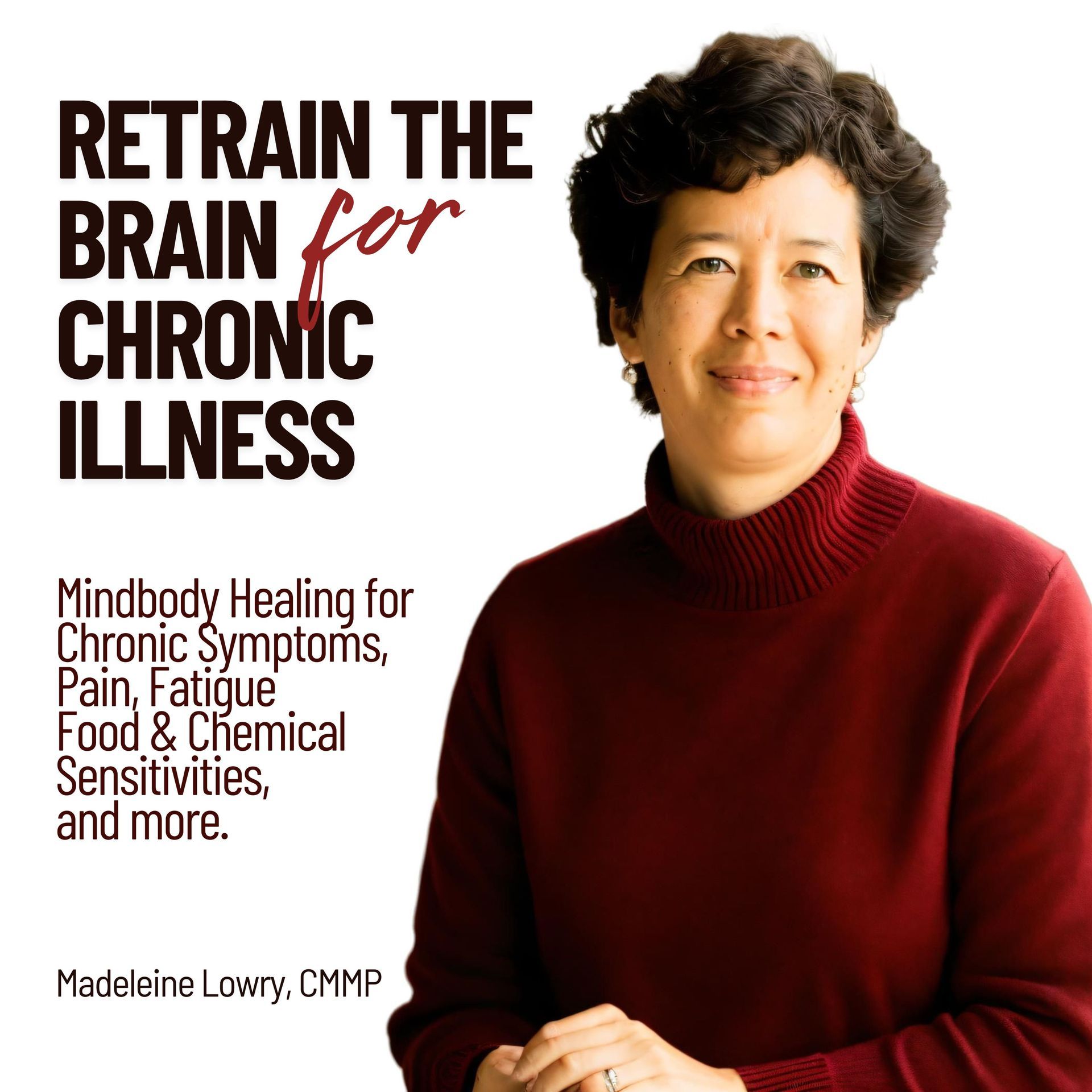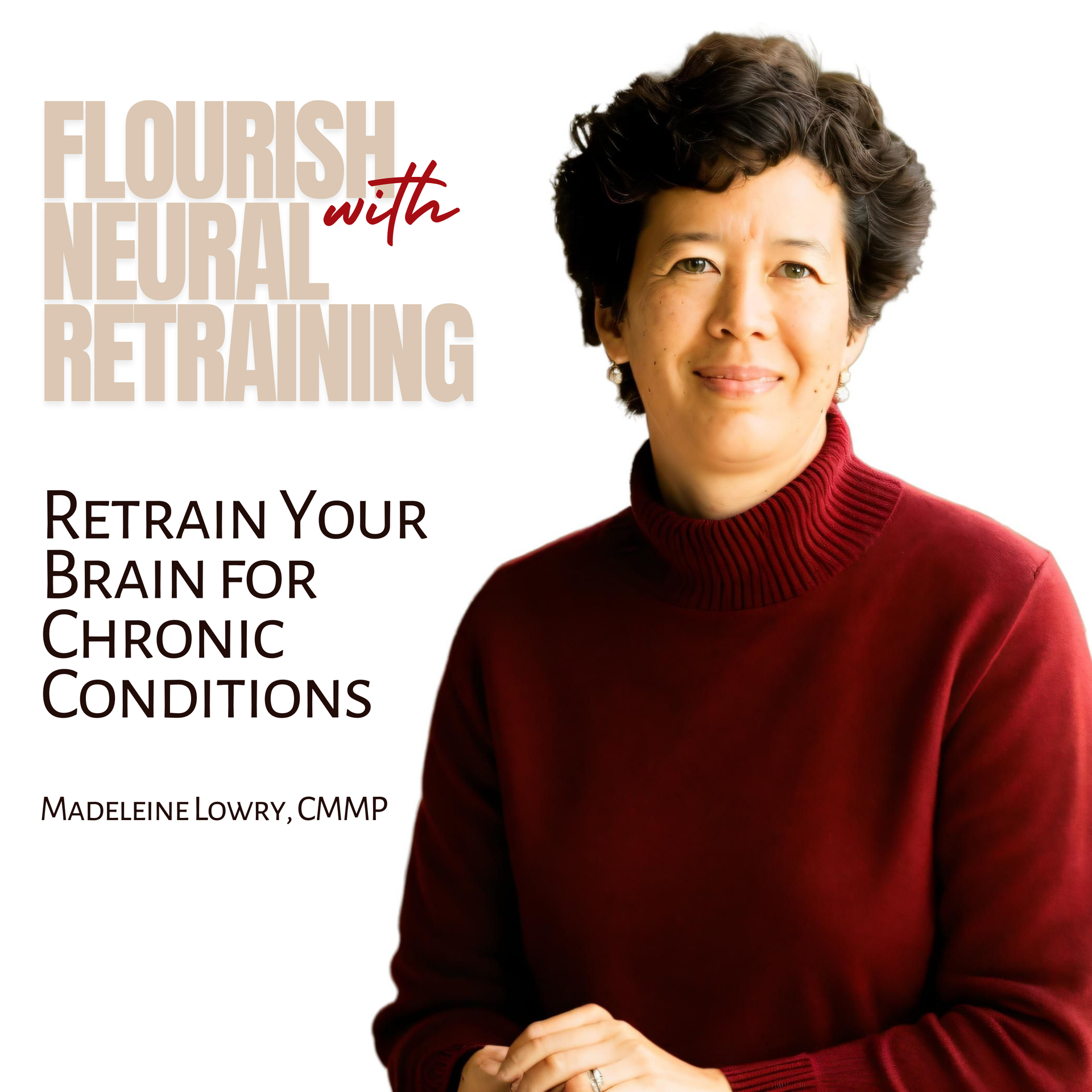MAP for Emotional Causes of Illness
Flourish with Neural Retraining Podcast, Episode 60 - A Listener's Guide
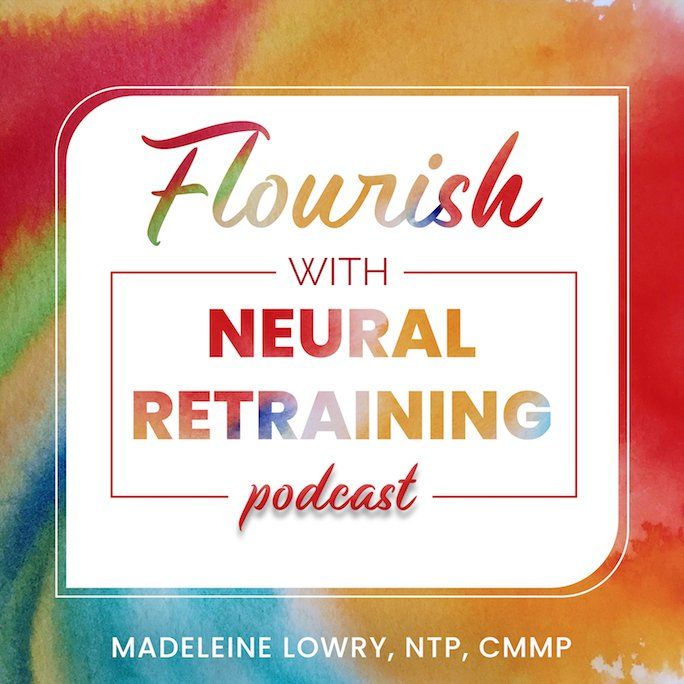
Listen to the podcast episode
In This Episode
- How the molecules of emotion drive physiologic function.
- Why free-flowing molecules of emotion are essential for healing and why releasing repressed emotions can jump start recovery.
- How viral infection rate and duration are affected by the presence of absence of key molecules of emotion.
Show Notes
In episode 60, I’m going to describe the science, the biochemistry, behind mindbody medicine, and how working with the emotions has an impact on chronic illness. This is based on the groundbreaking work of Candace Pert, PhD as explained in her book, Molecules of Emotion.
By the end of this episode, I’d like for you to have a better understanding about: the molecules of emotion and their function, what happens when they are blocked, how that impact disease states and the value of emotion-releasing modalities, like MAP, in restoring the healthful flow of these important molecules.
In this episode I’ll discuss:
- Who Dr. Candace Pert was and why her work is important for understanding mindbody interactions.
- The role of receptors and molecules of emotion in the two-way flow of the psychosomatic network.
- The way cellular function is driven by the molecules of emotion, including all organs, endocrines, body parts and systems including the immune system and the nervous system.
- How Dr. Pert’s work led to the field of Psychoneuroimmunoendocrinology.
- How this system of communication has been evolutionarily conserved from primitive life forms to the most complex.
- Definition of mind as the flow of information between brain and body.
- Definition of health as the maintenance of homeostasis by the free flow of molecules of emotion.
- How emotions are epigenetic factors.
- The role of trauma in blocking the free flow of molecules of emotion.
- How you’ve experienced the impact of emotions on physiological function.
- The significance of personality types in predisposing us to certain diseases.
- How viruses use the same receptors as molecules of emotion, and why your emotional state affects the likelihood of getting sick, and the severity and duration of illness.
- Implications of Dr. Pert’s work on the AIDS virus for COVID long-haulers.
- How emotion-releasing modalities, like the MAP Method, work with the subconscious mind to release repressed emotions.
- The significance of early-life trauma in promoting a freeze response and how this results in a pattern of emotional repression.
- How MAP can be helpful in changing patterns of emotional response.
If you enjoyed this episode, don’t miss
episode 56, MAP and Energy Medicine, with my client Cilla Whatcott, PhD, a classical homeopath, where we discuss her experience of the impact of MAP sessions on trauma, and the role of trauma in health.
To learn more about the MAP Method and how it works, visit
mapforhealth.us for our free courses. To schedule an Introductory MAP session please book online at
MindReMAPforHealth.com
Moments from our conversation
[8:40] The cell is the basic unit of function. Every organ, tissue, and body part is just a specialized collection of cells. If you take your garden variety cell, what Dr. Pert's work showed was that these cell membranes are studded with receptors--hundreds of thousands, millions of receptors. There are at least 70 receptor types on the average cell. And there can be 50-100 thousand copies of a single type of receptor spread out all over the cell. The average nerve cell also has millions of receptors.
[10:30] Dr. Pert described this in a metaphor: Imagine that the cell is like the engine of physiological function and the receptors are like the buttons on the on the control panel. Then the molecules of emotion are the fingers on the buttons that direct cellular function.
[11:15] This led to a new definition of mind: the flow of information between brain and body.
And this suggests a new definition of health: the maintenance of homeostasis by the free flow of molecules of emotion.
[15:30] Another scientific field, Epigenetics, studies the factors that influence genetic expression. This psychosomatic network also describes the mechanism by which our thoughts and emotions are epigenetic factors.
[18:00] Why would we have unprocessed emotions? The answer for this is a natural trauma mechanism. When we are in an situation that is overwhelming that we don't have the resources or experience to cope with, there is a protective mechanism whereby the subconscious mind can freeze and hold that memory and the emotions that are attached to it and store it somewhere in the body.
[22:00] We know that certain emotional patterns, we call them personality traits, influence the kind of disease we are susceptible to. Personality traits are a kind of code for the habitual ways that we emotionally respond to circumstances in our lives and which molecules of emotion are being created and secreted. We know that the type A personality is more prone to heart disease and the type C personality is correlated to other kinds of health issues, among them cancer.
[24:00] Why is it that when a group of people are exposed to a virus, or bacteria, there are some individuals that don't get sick and others that have a more prolonged illness? It's important to understand that the simple introduction of a virus into the body -- virus, bacteria, fungus, whatever-- is not enough to make you sick. It’s more complicated than that. Your state of health affects how susceptible you are to getting sick, the severity of disease, and the duration.
[25:00] Candace Pert explains it this way: "Viruses use the same receptors as neuropeptides to enter a cell and depending on how much of the natural peptide is around and available to bind, the virus will have a harder or easier time getting into the cell [and infecting it.]" Therefore our emotional state affects how susceptible we are to viral infection and the promptness of our recovery.
[35:55] When I created my MAP for COVID Long program it was after reading how anti-anxiety drugs were being used to reduce the severity and duration of COVID long infections. The program is built on an understanding of emotions, how reducing negative emotions promotes self healing for chronic long-term infections like COVID, Epstein Barr or anything else.
[37:00 ] The MAP Method is a very effective method for working with the emotions. With the MAP Method, in each session we are looking for subconscious sources of stress including subconscious or repressed emotions. One of the ways it's helpful is by using the power of the subconscious mind to identify stores of trapped emotion from past traumas.
[43:00] "Sometimes the biggest impetus to healing can come from jump-starting the immune system with a burst of long-suppressed anger."
Learn more
- Read about How Emotional Health Impacts Physical Health.
- Learn about How Personality Traits Lead to Chronic Illness.
- Watch the video explanation: Why Do Sensitive People Develop Chronic Illness?
- Learn more about the MAP Method and How it Works
- How the MAP Method effectively heals trauma.
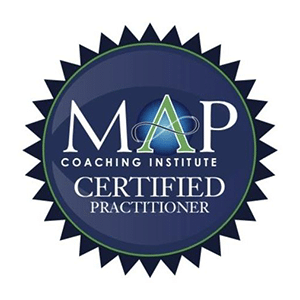

Madeleine Lowry, NTP, CMMP
Certfied MAP Method Practitioner
Madeleine specializes in neural retraining for chronic conditions. As a Nutritional Therapy Practitioner, she worked with many clients who were interested in eliminating allergies, sensitivities and intolerances. After learning a basic method and seeing its limitations, she trained in an advanced method of retraining the brain and now offers MAP sessions over Zoom and online self-paced programs for Anxiety/Depression, Sensitivities, Chronic Pain, Self-Healing, and COVID Long.
Related Posts

